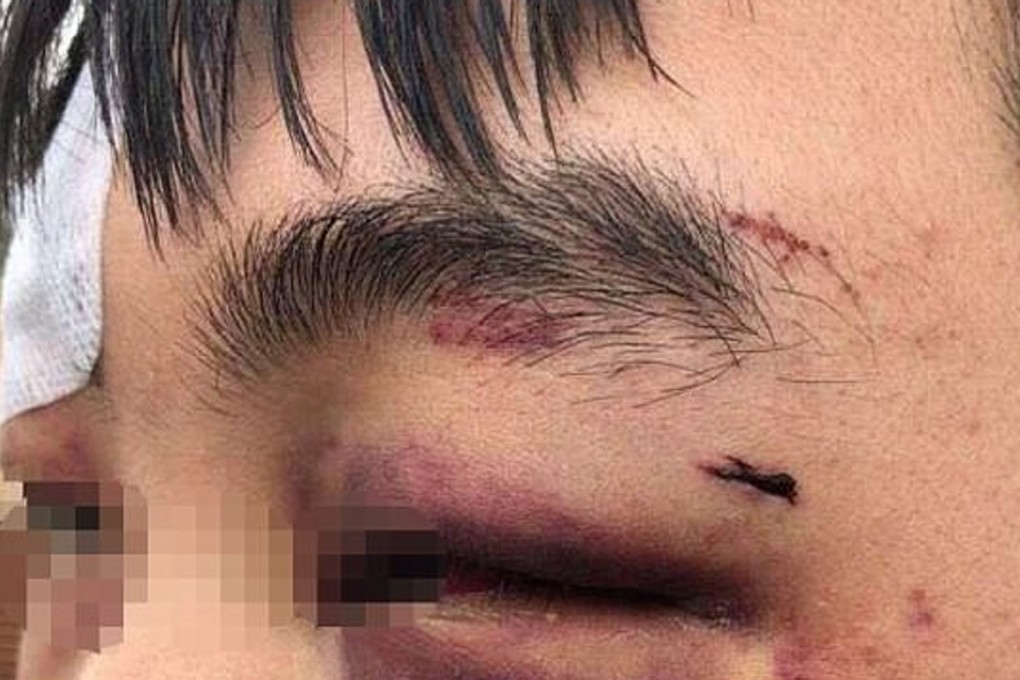Beatings of Chinese students deal blow to the friendly image of Australia’s capital
Authorities rush to reassure the world that foreign students are safe and welcome in Canberra

A brutal public assault on three Chinese high school students in Canberra last week has sent shock waves through the Australian capital, with local authorities responding quickly to clamp down on intimidation and harassment of international students.
Police were called to the Woden bus interchange in South Canberra at 7.30pm on Monday, October 23, after reports the three students had been assaulted by two suspects. Friends of the victims told The Canberra Times the suspects had initially approached the trio asking for cigarettes before attacking the boys when they declined.
All three students were assaulted, with one 17-year-old admitted to hospital for his injuries. He has since been released. The two suspects were arrested and have faced an initial hearing at the Children’s Court. Both are reportedly locals. Police denied the attack was racially motivated.
Police have increased patrols at the station, which the government sought to revitalise after years of disrepair and complaints of antisocial behaviour in the area.
Police have not been able to provide further comment as the matter is before the courts but have worked closely with the international student community since the attack, including hosting a safety workshop for the three victims and consulting community leaders.
“In response to this particular incident police held, in conjunction with the Education Directorate, meetings with Chinese community leaders, students, carers and parents,” a statement issued by police last week said.